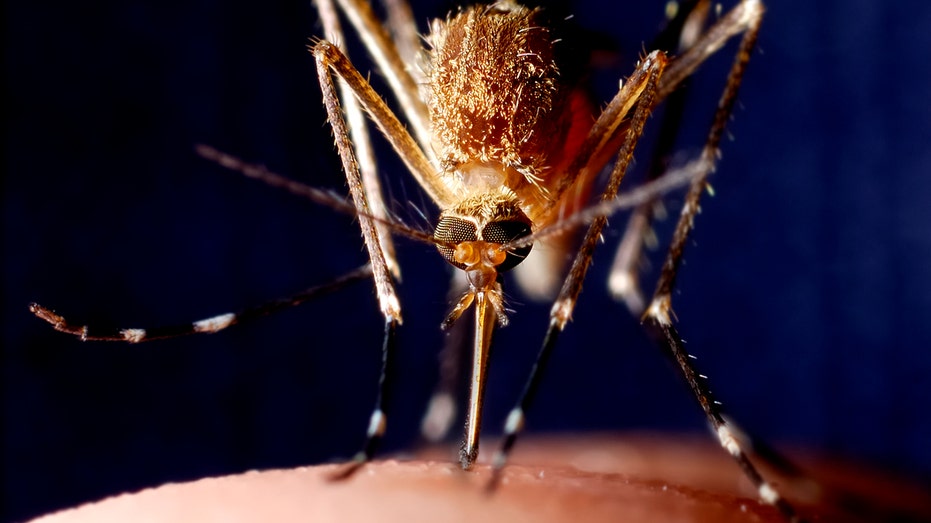📰 World’s most premature baby defies all medical odds to reach 1st birthday

Nash Keen, born 133 days premature, has been recognized by Guinness World Records as the most premature baby to survive. His parents, Mollie and Randall Keen, faced challenges due to Mollie’s health issues, including an incompetent cervix and PCOS. Nash was born at just 285 grams and 24 centimeters long, defying the odds at the University of Iowa Health Care Stead Family Children’s Hospital. The medical team provided life-saving care, including delaying labor until Nash surpassed the critical 21-week mark. After a 198-day hospital stay, Nash was able to go home in January 2025, but he continues to be monitored for ongoing health issues and developmental delays. The goal is for Nash to thrive and overcome his early birth challenges, with ongoing therapy sessions and support from his family and medical team.
📰 Forget 10,000 steps — research reveals the real number you need for better health

A new study suggests that walking just 7,000 steps per day could be enough to improve essential health markers, challenging the widely recommended benchmark of 10,000 steps. Researchers from the University of Sydney reviewed 57 studies from over 10 countries and found that walking at least 7,000 steps daily was linked to improvements in major health outcomes such as heart disease, dementia, and depression. The study, led by Professor Melody Ding, revealed that even modest increases in daily steps, like going from 4,000 to 7,000, can deliver significant health benefits. Walking 7,000 steps a day was associated with a 47% reduced risk of death, similar to the benefits of 10,000 steps, and also showed reductions in dementia and type 2 diabetes risks. The researchers emphasized that small increases in daily movement can lead to meaningful health improvements and that incorporating strength training and mobility exercises is important for overall health benefits.
📰 Simple Japanese fitness trend could add 7 years to life expectancy, experts say

Recent fitness trends are sparking discussions on the best exercise methods for maintaining fitness without intense workouts, with Japanese walking being a popular trend. A study from Japan compared interval walking to steady-paced walking, showing that moderate-intensity interval walking can combat age-related effects like high blood pressure and muscle weakness. HIIT is known for intense workouts but may not be suitable for everyone due to its intensity and potential impact on joints and hunger levels. Japanese walking involves alternating between fast and slow walking for 30 minutes, similar to Zone 2 training that focuses on working at a moderate heart rate. Research suggests that interval walking training (IWT) has health benefits for middle- and older-aged adults, including those with metabolic diseases. Ultimately, the key to maintaining regular physical activity is choosing exercises that are enjoyable, safe, and appropriate for individual fitness levels.
📰 Health officials alarmed by unprecedented July spike in West Nile-infected mosquitoes in 2 major cities

Mosquitoes carrying the West Nile virus have reached record numbers in Minnesota in July, prompting authorities to advise citizens to stay indoors during dusk and dawn. The Metropolitan Mosquito Control District (MMCD) found the disease in mosquitoes across all seven counties of the Minneapolis-Saint Paul metropolitan area. Culex tarsalis mosquitoes, known for spreading the virus, were found in high numbers, with 34 out of 133 pools testing positive for West Nile virus. The virus has also been detected in mosquitoes in other states like Georgia, prompting officials to urge residents to protect themselves and eliminate standing water to prevent breeding. The West Nile virus, originating in Africa and Europe, can cause encephalitis and was first identified in the U.S. in 1999, leading to severe cases and fatalities.
📰 Wearable hydration monitor could help prevent heatstroke, scientists say

A new wearable sensor developed by researchers at the University of Texas can alert people when they need more water to avoid dehydration. The device uses bioimpedance to measure hydration levels in real time and wirelessly transmits data to a smartphone. The sensor was validated through experiments including a diuretic-induced dehydration study and a 24-hour trial, showing a strong correlation between arm bioimpedance changes and total body water loss. The findings were published in the Proceedings of the National Academy of Sciences. The technology could be beneficial for everyday use, athletes, and patients with chronic dehydration, kidney disease, or heart conditions. Researchers aim to develop reference data for absolute hydration levels and explore more advanced wearable formats for enhanced comfort during long-term use.
0개의 댓글